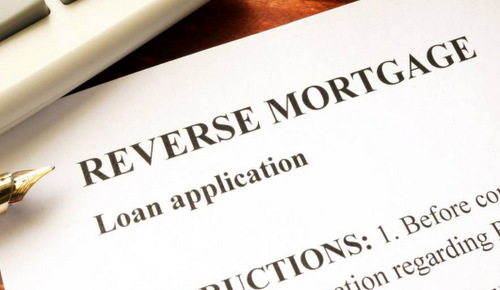Reverse mortgages are an unusual concept for many people, You might feel that you need a breakdown of the how, what, and why of this kind of loan, and I am going to make it easy for you. This blog is all about things you should know about reverse mortgages.

Why is it handy for retirement?
The minimum age to qualify for a reverse mortgage is 62. Because you can use it to borrow cash without the pressure of immediate repayments (as would be the case with a traditional mortgage), it is possible to bolster your funds for a more convenient lifestyle during retirement, without falling into debt, which would be the result of taking out a normal home loan.
Why should I opt for a reverse mortgage instead of a normal loan?
The most pertinent reason is that a reverse mortgage puts you in a more favourable position to avoid defaulting on your loan. With a regular home loan, you enter an agreement to repay what was loaned to you over an agreed time at predetermined intervals, and the lender can legally evict you from your property if you miss any payments. A reverse loan, on the other hand, does not come with specific payment terms, and you’ll only be required to start paying well after initially borrowing the money. As a bonus, because the loan terms require you to live in the house, making eviction virtually impossible.
How much can I borrow on a reverse mortgage?
First, let’s chat about how government reverse mortgages, or “home equity conversion mortgages” measure up to loans from lenders. You should understand that both are ultimately monitored by government, as and such, you can legally only borrow a percentage of the value of your house, and not the full amount.
When you approach a lender for a reverse mortgage, they will calculate how much you will be able to borrow. A reverse-mortgage calculator is crucial to the loan process, as it takes all influencing factors and government regulations into account, which all influence how much you can borrow. Considerations such as whether you already have another mortgage and the age and size of your property all factor into the final calculations for your reverse mortgage application.
By when does it have to be repaid?
Because a reverse mortgage functions as a long-term loan, repayments are not immediately required, and while you live in the house, you cannot be forced to leave. The house which is linked to the loan must be your actual residence, but the loan terms do allow you to leave for short lengths of time, such as when you go on holiday.
What happens if I don’t pay back the loan?
Should you choose to move, you will be granted a grace period in which you may settle the balance. If you fail to do this, the house will have to be sold, and you will be permitted to keep any profits over and above that amount. If there is still a shortfall, you will be liable for that amount.
Recommended Read: Save Money Without Being A Miser



